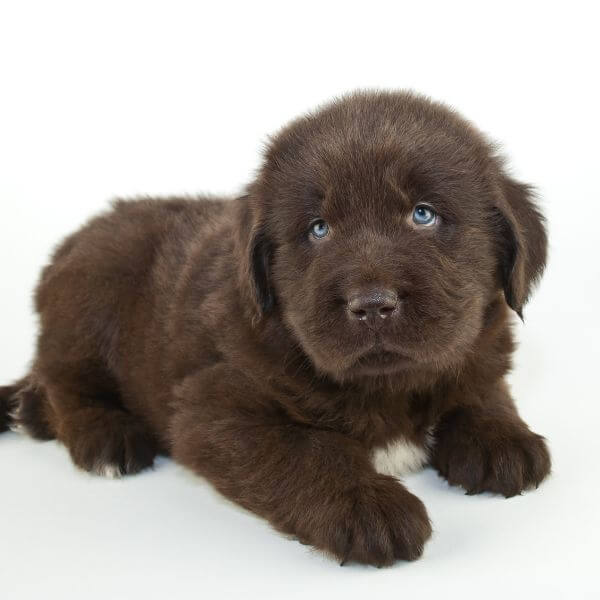PetMeetly helps you adopt a Newfoundland: Find Your Perfect Companion Today!
Petmeetly is an exceptional website that connects animal lovers and pet owners, providing a reliable service for those seeking to adopt or rehome Newfoundland. Our primary objective is to establish a community where individuals can find their perfect furry companion while offering a safe and caring haven for needy animals.
With Petmeetly, locating your new furry friend has never been easier. You can utilize our platform to browse available Newfoundlands in your locality and connect with their owners. Our extensive search options make it simple to identify the Newfoundland that best fits your lifestyle and preferences.
Also, Petmeetly offers a perfect platform for finding your beloved Newfoundland a new, loving home if you decide to rehome them. Our platform is made to link you together with prospective adopters who are willing to give Newfoundlands a loving and responsible home. You may relax knowing that your pet is in capable care and will have a loving home.
Every pet needs a loving home, and at Petmeetly we are dedicated to animal welfare. Join our community now to begin your hunt for the ideal canine friend or to support a Newfoundland in need.
Everything about Newfoundland

Height
Weight
Lifespan
Coat
LENGTH OF THE COAT
GROOMING AND SHEDDING
Energy
Barking
Intelligence
Adaptability and trainability
Affectionate with family
Good with young children
Good with other dogs and animals
Behavior towards strangers
Meet our Newfoundlands
Decided to adopt a Newfoundland?
To ensure a happy and healthy life for your newly adopted furry family member, it is crucial to carefully consider these factors before bringing a Newfoundland into your home.
- Prepare for the cost of grooming and maintenance:
Newfoundlands have a thick, double coat that requires regular grooming to prevent matting and to maintain the health of their skin and coat. They also tend to drool, which can lead to staining and odor. This can require additional grooming and cleaning supplies, which can add to the cost of owning a Newfoundland.
- Consider the space and exercise requirements
Newfoundlands are large dogs that require space to move around comfortably. They also need moderate exercise to maintain their health and prevent boredom. It’s important to have a securely fenced yard and to provide daily walks and playtime to meet their exercise needs.
- Research potential health issues
Newfoundlands are prone to certain health issues, including hip dysplasia, heart disease, and bloat. It’s important to research these conditions and to work with a reputable breeder or adoption agency that screens for potential health issues. Regular veterinary check-ups can also help to catch and manage any potential health problems.
- Train and socialize from an early age
Newfoundlands are known for their gentle and patient temperament, but they can still benefit from early training and socialization. This can help to prevent behavioral issues and ensure that they are well-behaved and social with people and other animals.
- Consider adopting from a rescue organization
Many rescue organizations specializeNewfoundlands in Newfoundland dogs. Adopting from a rescue organization can be a great way to give a dog in need a loving home and can be more affordable than purchasing from a breeder. These organizations may also provide support and resources for new owners.
- Prepare for the drool and mess
Newfoundlands are notorious for their drool and shedding. This can mean a lot of cleaning and maintenance, especially in the home and car. Investing in cleaning supplies and a good vacuum can help to manage the mess.
- Be prepared for their size and strength
Newfoundland’s are one of the largest dog breeds and can weigh up to 150 pounds. They are also strong and can pull on the leash if not properly trained. It’s important to be physically able to handle their size and strength and to provide proper training and equipment, such as a sturdy leash and harness.
We put together a checklist to prepare you for your new Newfoundland and to make your adoption process safe and stress-free.
We put together a checklist of essential factors to consider for a smooth and safe transfer of your Newfoundland to the new owner.
